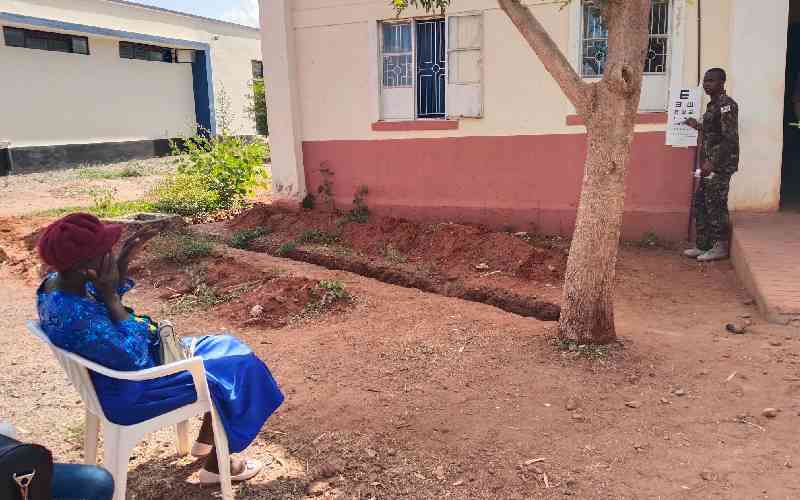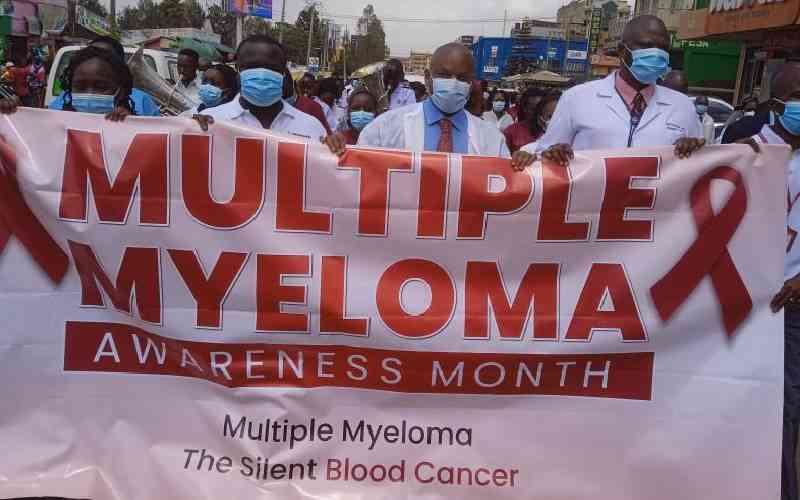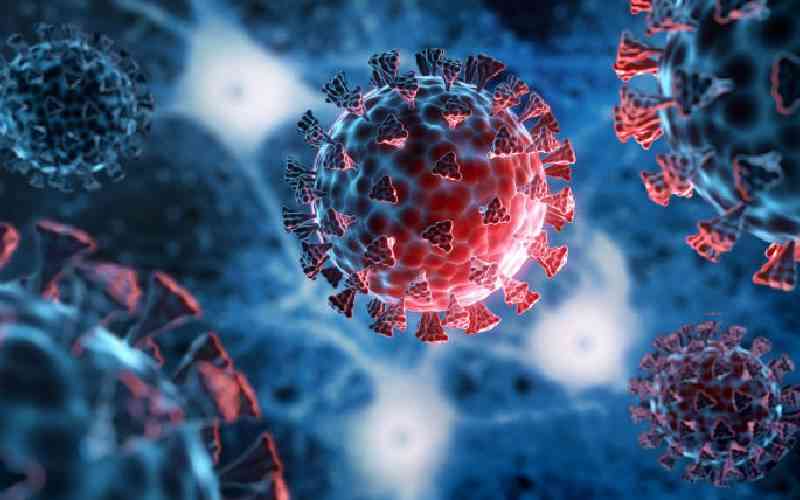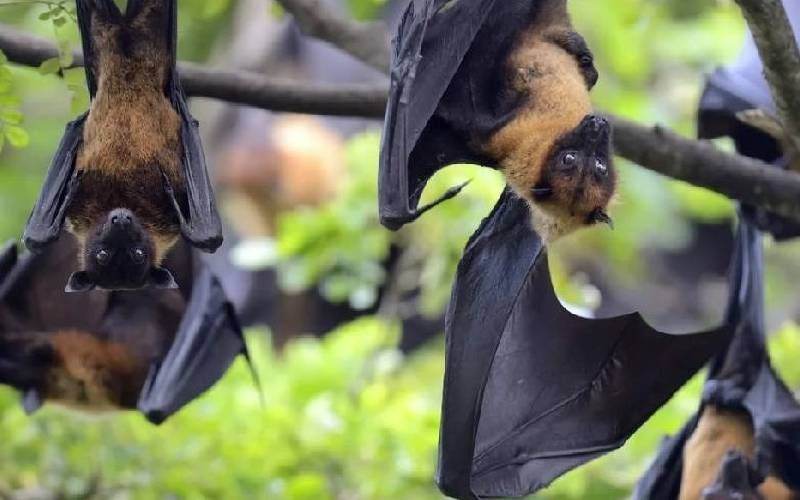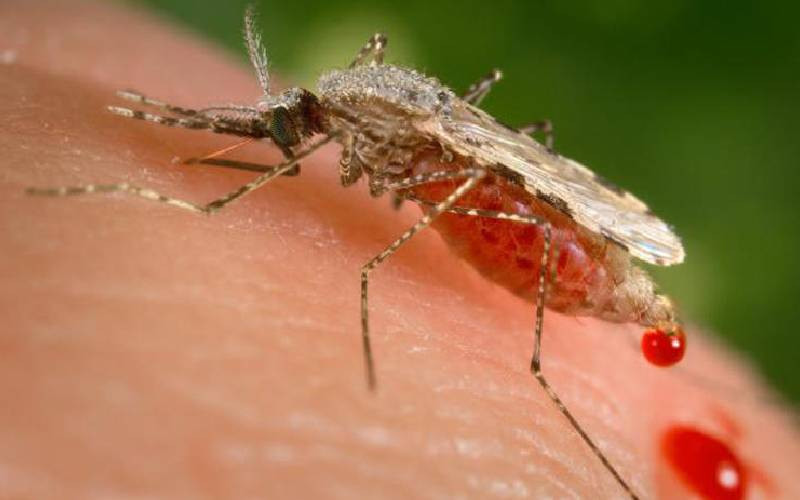
At the height of the Covid-19 pandemic, urban populations in Kenya stared at the possibility of choking the health system, forcing national and country governments to imagine the worst.
In Machakos, former Governor Alfred Mutua's government transformed the main stadium in the town into a tented, makeshift hospital to receive and treat Covid cases. Gory scenes had been witnessed in far-much developed Europe and the US, with sick populations overrunning the healthcare system.
These are scenes many hope will remain as historical references, and as stories to grandchildren on how they survived the pandemic, the horrors of lockdowns, and having to live in isolation rooms in their own homes.
Before that, however, experts were asking the public to take an active role to prevent another danger that looms, especially to urban populations in Kenya; the arrival of a new aggressive breed of mosquito, Anopheles stephensi.
Originally from Asia, the vector is highly invasive and the urban type is reputed to be highly anthropophilic (attracted to humans, especially as a source of food) and endophilic (tends to inhabit or rest indoors). In contrast, the rural form is attracted to animals and to reside outdoors.
For a country where Malaria, like the rest of Africa, is largely contracted from the rural areas, the arrival of a mosquito breed that thrives in urban settings could prove, in the words of Prof Richard Mukabana, a game-changer.
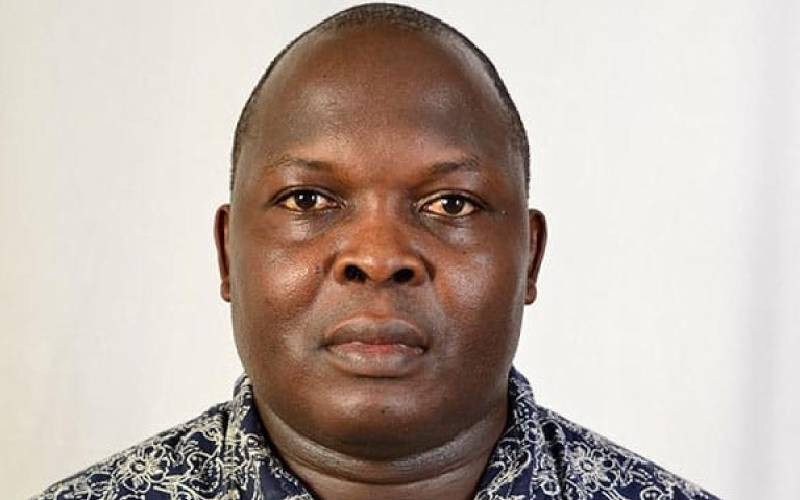
Prof Mukabana is a biomedical scientist and senior research and policy analyst at the African Institute for Development Policy (AFIDEP). A highly trained biomedical scientist and experienced researcher, he knows the full import of what this portends for households and governments alike.
"You have to consider the factor of population density. In rural areas, it will take a lot of mosquitoes to reach humans who are spread far and in between. In urban areas, their effort is far much less, and this would mean you could have a large number of people affected," he says, in an attempt to paint the picture to us.
- Experts: Funding cuts risk sparking malaria surge
- New study maps high drug resistance in Kenya and other 13 African countries
- Why early detection of Rift Valley Fever in human beings is difficult
- New infant malaria drug, vaccines light path to hope
Keep Reading
According to Prof. Mukabana, the danger the urban type breed of mosquito brings to Kenya is the possibility of overstretching available health facilities, if they transmit malaria to city populations.
This is the same threat Covid 19 posed. The two, Covid and Malaria, are however markedly different. Covid was a global pandemic that scared the whole world while Malaria is largely an African problem.
While it is not thus far concluded from the information available that the mosquitos carry with them the plasmodium parasites which carry malaria, Prof. Mukabana warns that their bionomics predispose them to veritable disease transmitters.
"The urban type would no doubt be good in transmission and the rural form not so good. In Nairobi for instance, they could be a game-changer," he says.
Originally from India, Pakistan, and Saudi, the breed has been on the move. In 2014, anopheles stepensi made its not-so-grand entry in Djibouti and by extension into the African continent, unarguably Malaria's playground.
It then moved to Ethiopia, and Sudan before now being reported in Kenya, specifically in the Laisamis and Saku sub-counties of Marsabit county.
In their "evidence brief" issued on February 10, Kenya Medical Research Institute (KEMRI) researchers described these mosquitos as a "potentially substantial threat" to Malaria transmission in urban and rural areas.
"The new mosquito poses a serious threat and could reverse the gains made in the fight against malaria," they warned.
Prof. Mukabana says while the threat is real, proactive interventions at both household and government levels would prove decisive in the early stages.
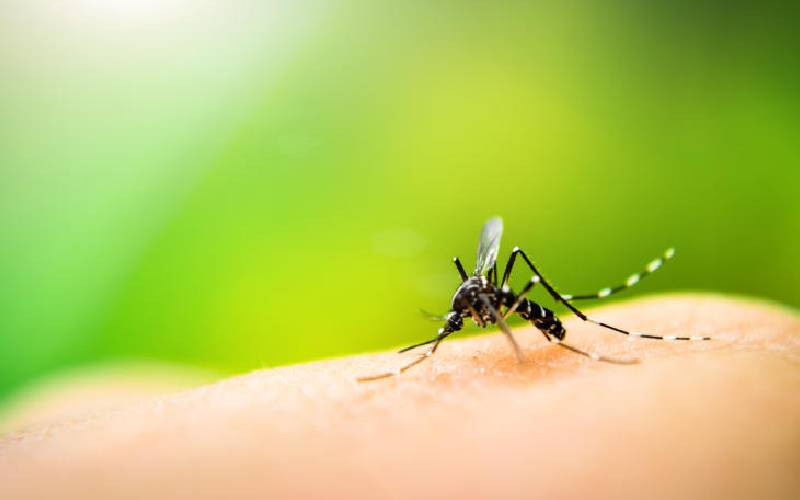
"It is important to get the ministry of health to prepare for this new specie. Existing tools may work as well, but it's important to fight larvae control more; that is to kill mosquitos before they start flying around," he says.
He wants households to take an active role in preventing malaria transmission by deploying existing strategies and changing habits to reduce opportunities for bites. He's also recommending that African countries adopt cross-border control measures to limit the breed.
"I do not know of any initiative to stop the cross-border movement of mosquitoes in our region. You will be surprised it works elsewhere. In South Africa, they have created buffer zones with their northern neighbors where they have sustained activities to control and suppress crossover of mosquitoes," he said.
It is not all gloom and doom though. Currently, researchers in Burkina Faso, Uganda, Tanzania, Ghana, and Sao Tome & Principe are pulling all stops to deliver a mosquito gene transformation solution.
"The long and short of it is to alter the mosquito genome to enable them to produce non-viable offspring. In other words, we hope to suppress and replace the mosquito population by deploying mosquitos to look for a fellow to make each other useless," Prof Muakabana says.
Countries are therefore urged to take interest in the project and to ring-fence the technology with the requisite policy and legislative safeguards to ensure its safety and efficacy.
 The Standard Group Plc is a multi-media organization with investments in media
platforms spanning newspaper print
operations, television, radio broadcasting, digital and online services. The
Standard Group is recognized as a
leading multi-media house in Kenya with a key influence in matters of national
and international interest.
The Standard Group Plc is a multi-media organization with investments in media
platforms spanning newspaper print
operations, television, radio broadcasting, digital and online services. The
Standard Group is recognized as a
leading multi-media house in Kenya with a key influence in matters of national
and international interest.


